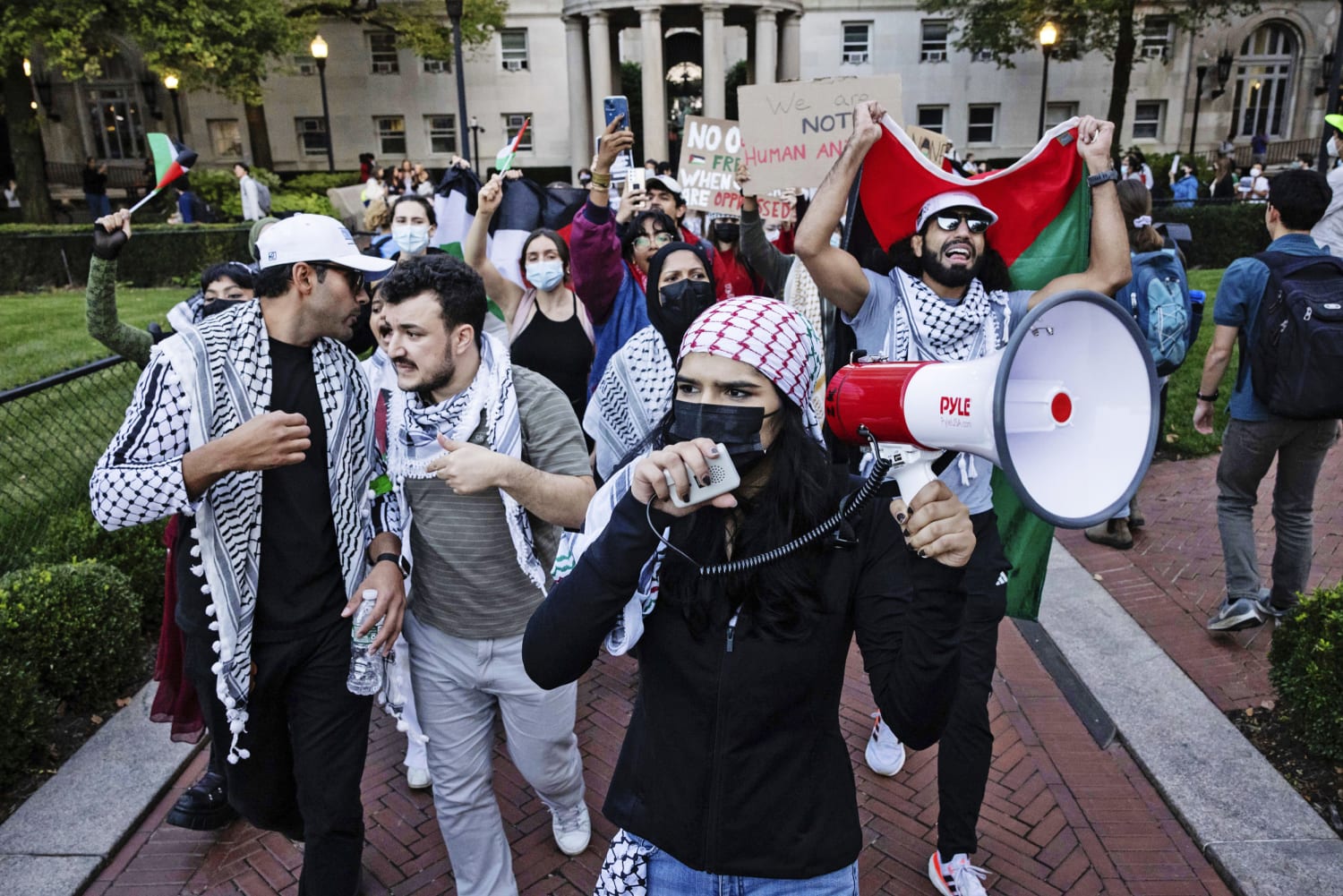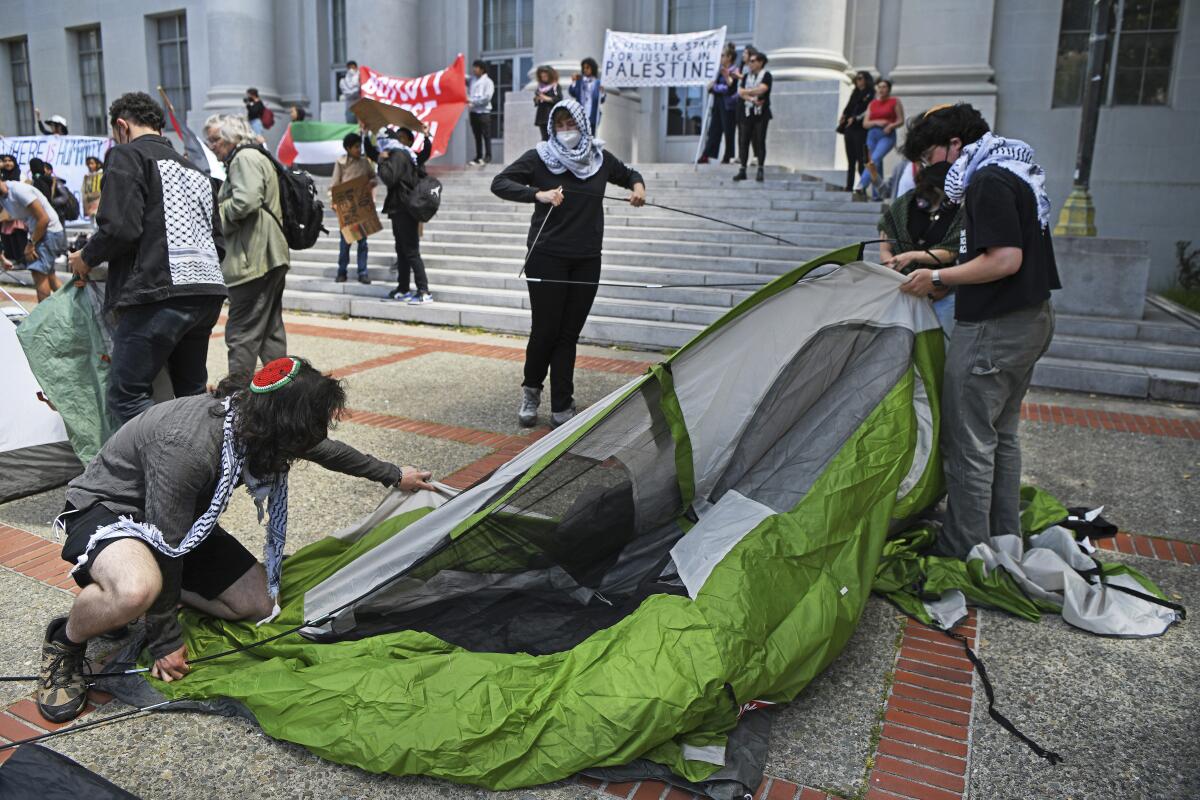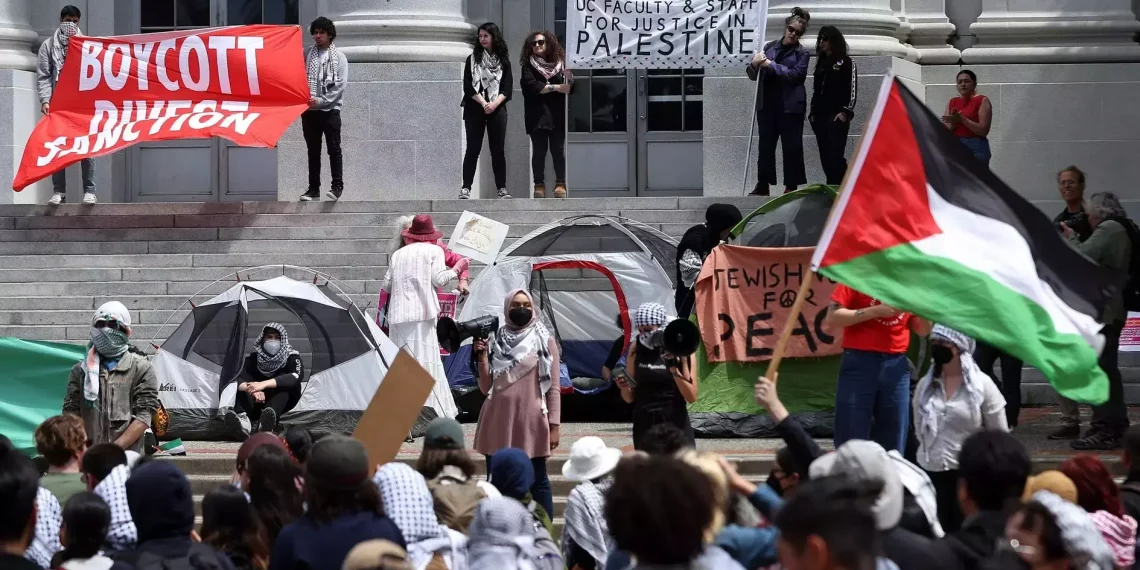Columbia University’s president, Nemat Minouche Shafik, faces renewed scrutiny after her administration’s handling of a pro-Palestinian protest on campus drew sharp criticism.
The university’s Senate accused Shafik’s administration of undermining academic freedom and disregarding the rights of students and faculty by calling in the police to dismantle the protest encampment.
While the resolution did not explicitly name Shafik and refrained from harsh language, it established a task force to monitor corrective actions.

Shafik, though a member of the Senate, did not attend the meeting, and the administration has yet to respond directly.
Similar tensions emerged elsewhere, notably at the University of Texas at Austin, where President Jay Hartzell faced backlash for involving police in dispersing a pro-Palestinian protest.
The Travis County Attorney’s office dropped charges against dozens arrested due to a lack of probable cause.
At both Columbia and Texas, concerns over student safety and disruptions to campus life were cited as reasons for police intervention. However, civil rights groups condemned the arrests, asserting the importance of respecting free speech rights.
Meanwhile, pro-Palestinian demonstrations spread to campuses nationwide, with clashes between protesters and authorities reported from California to Boston.

Overseas, tensions escalated at institutions like Sciences Po in Paris, where pro-Israeli and pro-Palestinian groups clashed, prompting police intervention.
Despite the White House‘s defense of free speech, President Joe Biden denounced “antisemitic protests” and emphasized the need for campus safety.
In response to escalating tensions, universities grapple with balancing free expression with maintaining order and protecting students.





